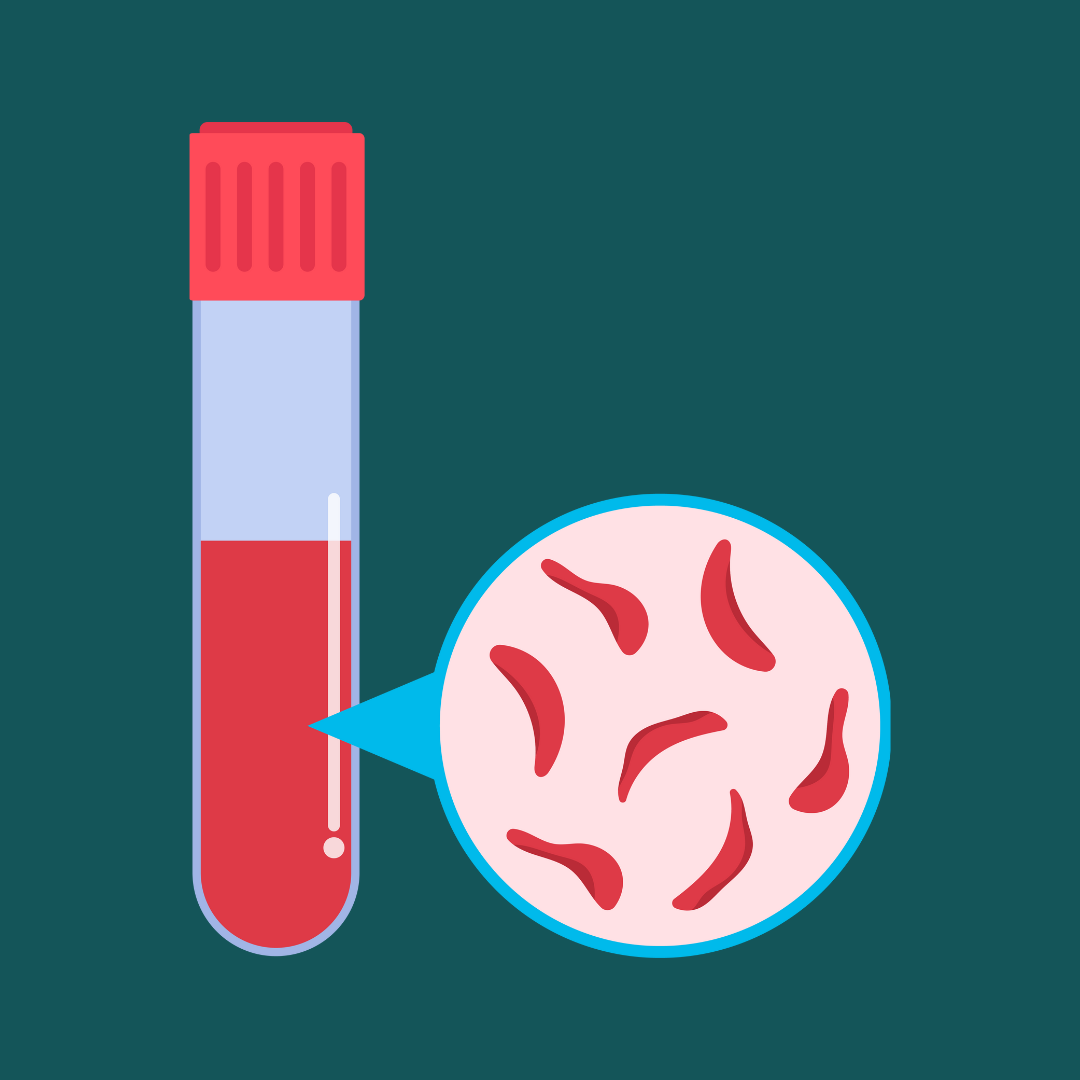Innovative Thinking Could Make New Sickle Cell Treatments More Accessible
By Shobita Parthasarathy,
Scientific American
| 05. 22. 2024
Last fall, to great fanfare, US regulators approved two gene therapies for sickle cell disease, and the European Union and UK soon followed. Many people hope that these treatments will provide a “functional cure” for the genetic condition, which causes rigid, misshapen red blood cells that lead to anemia, episodes of extreme pain, blood vessel and organ damage, stroke risk and lower life expectancy. These sickle cell therapies also bring us closer to an age of “CRISPR medicine” in which new gene-editing tools could be used to fix a range of debilitating genetic diseases, including Duchenne muscular dystrophy and cancer.
For the eight million people across the world, including the 100,000 in the U.S., who have sickle cell disease, these gene therapies could be life-changers. Yet immediately after the approvals, attention turned to the prohibitive cost of the treatments. One company sells its therapy for $2.2 million, and the other does so for $3.1 million. Other gene-based treatments have similar price tags.
Reducing costs for these therapies is important. It is unlikely to...
Related Articles
By Anumita Kaur [cites CGS’ Katie Hasson], The Washington Post | 03.25.2025
Genetic information company 23andMe has said that it is headed to bankruptcy court, raising questions for what happens to the DNA shared by millions of people with the company via saliva test kits.
Sunday’s announcement clears the way for a new...
By Peter Wehling, Tino Plümecke, and Isabelle Bartram
| 03.26.2025
This article was originally published as “Soziogenomik und polygene Scores” in issue 272 (February 2025) of the German-language journal Gen-ethischer Informationsdienst (GID); translated by the authors.
In mid-November 2024, the British organization Hope not Hate published its investigative research ‘Inside the Eugenics Revival’. In addition to documentating an active international “race research” network, the investigation also brought to light the existence of a US start-up that offers eugenic embryo selection. Heliospect Genomics aims to enable wealthy couples to...
By Frank Landymore, Futurism | 03.18.2025
You can only throw so much money at a problem.
This, more or less, is the line being taken by AI researchers in a recent survey. Asked whether "scaling up" current AI approaches could lead to achieving artificial general...
By Craig S. Smith, Forbes | 03.08.2025
One recent evening in Shenzhen, a group of software engineers gathered in a dimly lit co-working space, furiously typing as they monitored the performance of a new AI system. The air was electric, thick with the hum of servers and...




